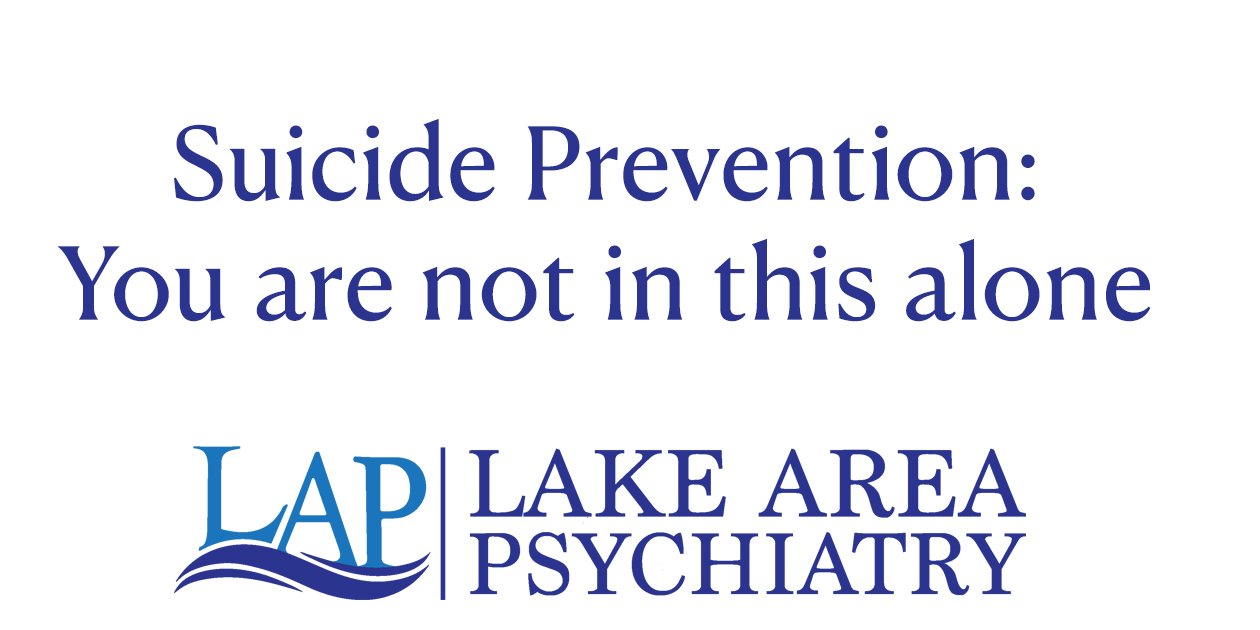Trigger warning: This post discusses suicide and suicidal thoughts. If you are in crisis or feeling unsafe right now, please call or text 988 (U.S. Suicide & Crisis Lifeline) or call 911 immediately.
Why talking matters
Talking openly about suicidal thoughts reduces shame and isolation. Many people who have been through suicidal crises say that a single honest conversation, a moment of understanding, or the knowledge that someone would check on them made a lifesaving difference. As clinicians, family members, neighbors, and friends, our words — and our willingness to stay present — can change outcomes.
What to watch for
Suicidal feelings can show up in many ways. Warning signs may include:
- Talking about wanting to die, feeling hopeless, or being a burden.
- Increased withdrawal from family, friends, work, or usual activities.
- Sudden mood changes, calmness after a period of depression, or reckless behavior.
- Changes in sleep or appetite, or a decline in self-care.
If you notice these signs in someone you care about, reach out. You do not need to have all the answers — your concern matters.
How to respond when someone is struggling
If someone tells you they’re thinking of suicide:
1. Listen without judgment. Let them speak. Use phrases like “I’m so glad you told me” or “I’m here with you.”
2. Ask directly. Contrary to myth, asking about suicidal thoughts does not plant the idea — it gives permission to talk.
3. Stay with them and remove immediate danger if you can (meds, weapons, etc.), or get help from someone who can.
4. Help them connect to professional support — offer to call 988 together, contact their provider, or help arrange a same-day appointment.
5. Follow up. A text or a visit in the days after can remind someone they matter.
Treatment and hope
Suicidal thoughts are a symptom — often of treatable conditions like depression, anxiety, trauma, or substance use. Therapy, medication, safety planning, and community supports can and do help. Recovery looks different for each person, but change is possible. If you or a loved one are struggling, professional help is available and effective.
Local supports and next steps
If you are in immediate danger, call 911. For confidential crisis support in the U.S., call or text 988. If you live near Lake Charles and want to talk with a local provider, Lake Area Psychiatry offers urgent appointments when possible — call our office or visit our website to arrange care. (If you prefer, we can help you find local inpatient or outpatient resources, crisis teams, and community programs.)
How our community can help
- Check in regularly with people you care about. A short message can mean more than you think.
- Normalize seeking help: share resources, your own experiences when appropriate, and encourage treatment.
- Support local mental health programs, crisis services, and suicide prevention efforts.
A final note
If you’re reading this and feeling alone, please know you are not a burden for reaching out. You deserve help, understanding, and safety — and there are people ready to walk with you. If you’re worried about someone else, your reaching out could be lifesaving.
